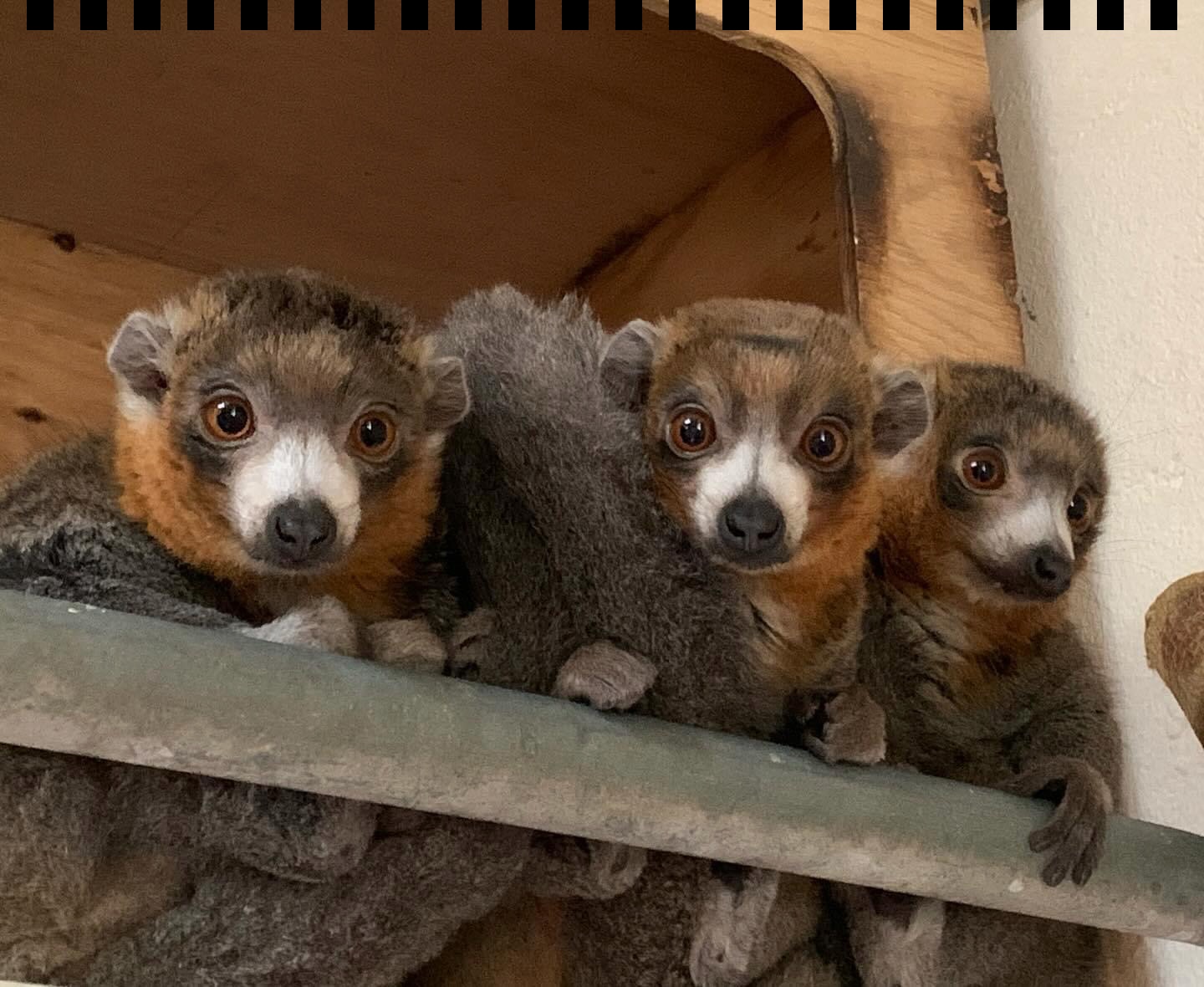
History








The Rise of the Professional Registrar

The origin of the Zoological Registrars Association (ZRA) began in 1984 when twelve registrars came together to discuss the function they play at their zoos, sharing their questions, solutions, and knowledge. What started as an informal workshop has turned into an official association with over 300 members. To this day, the ZRA continues to play a key role in standardizing record keeping in the zoo and aquarium industry. ZRA members have even collaborated with corporations on the development of animal record keeping databases used across the world. The Institutional Record Keeping course, developed and taught by ZRA members, became a part of AZA’s Professional Training school curriculum in 1998. The historical timeline below will explain more and in depth ZRA’s milestones and achievements since its founding days.
In 1984, the first meeting of the group that would turn into the Zoological Registrars Association occurred at Brookfield Zoo. This was the first of a series of informal annual workshops. One of the original long-term goals was to establish the function of Registrar, which was very uncommon in zoos and aquariums at the time, as a supported professional position.
Although never official, very early in its existence the participants were referred to as the Registrars' Group. As the membership of the Group grew, it elected its first Chairman in 1990. By 1992, members of the Registrar's Group had produced the publication Animal Records-Keeping. This manual provided guidance in animal record keeping and the collection and maintenance of data pertaining to live animal collections. The manual was also an early attempt at standardization of animal records and related processes. The manual was offered to all American Association of Zoological Parks and Aquariums (AAZPA, now known as AZA) institutions. It also found its way into a number of European and Australian zoos and aquariums.
In 1993, the Group established the Marvin Jones Award of Excellence to recognize meritorious achievements, specifically in the area of animal record keeping. Eight Marvin Jones Awards of Excellence have been awarded to eligible members since its inception.During the 1994 annual conference, the Group adopted its first bylaws.
In 1998, ZRA received its status as a 501 c (3) not-for-profit organization. This was the official founding of the current association known as the Zoo Registrars Association (ZRA). Later, members voted to change the name of the organization to the Zoological Registrars Association in response to the increased involvement of aquariums.
During the 1990s, there was a major push by zoos and aquariums worldwide to improve animal records for the purpose of supporting the captive management of animals and conservation programs. ZRA was ideally suited to take advantage of this movement and has been in the forefront of creating and supporting standards for animal records since then.
In early 1996, ZRA proposed a new course for the AZA Management School. Following approval, the first Institutional Record Keeping (IRK) course began in 1998, and continues today as part of the AZA Professional Training School curriculum. The IRK course has always been taught by ZRA members.
Also in 1998, Standards for Data Entry and Maintenance of North American Zoo and Aquarium Animal Records Databases was published by the Lincoln Park Zoo. ZRA members both edited and heavily contributed to this publication. "The Standards for Data Entry" provided a systematic approach to animal record keeping through the use of the Animal Records Keeping System (ARKS) software produced by the International Species Information System (ISIS), now Species360.
The first ZRA five-year Strategic Plan was adopted in 2002. During the 2007 Annual Conference, the membership approved its successor, the 2007-2011 Strategic Plan, and an accompanying revision of the Association's bylaws. The bylaws revision represented a significant realignment of the organization's governance structure that more closely represented current standards in association management. The revision also provided for the implementation of the strategic direction set forth by the membership.
The 2007-2011 Strategic Plan provided for important initiatives, including the adoption of the Association's first Code of Professional Ethics; a new web site; a program for leadership succession, training, and development; enhanced professional development opportunities; and a comprehensive membership growth campaign.
Enhanced leadership and member recognition was achieved through the implementation of a more formal recognition ceremony at the Annual Conference, providing additional service awards for board members and committee leaders, and the development of a second outstanding achievement award.
ZRA’s diverse membership at this point includes representatives from five continents. Many members are also active in AZA, serving as SSP Program Leaders, Studbook Keepers and lending their expertise to Taxon Advisory Groups (TAGs) and Scientific Advisory Groups (SAGs).
ZRA members have been instrumental in partnering with animal record software companies to help develop and enhance these data systems. Over the past 35 years, many of its members have collaborated with Species360, first in the development of ARKS (Animal Records Keeping System), and then of its web-based successor, ZIMS (Zoological Information Management System). Species360 has also been an important partner in the IRK Course. Additionally, in 2019, four ZRA members were appointed to the first Tracks Software Client Advisory Committee. With half of the new committee made up of ZRA members, registrars played and will continue to play a key role in guiding and evaluating development of the software.
In 2016, ZRA’s Professional Development Committee received a formal proposal for the creation of a comprehensive online training program for the zoo registrar position. The ZRA Training Certificate Program (TCP) began development after this proposal was approved by the membership on March 8, 2017. The first of its six modules was presented at the 2017 Annual Conference to an audience of 49 ZRA members and non-members. At that same conference, the membership approved a contract with San Diego Zoo Global Academy and CypherWorx to provide the online delivery and administration of the program. The entire process, from approval to deployment, took nearly 14 months and involved many ZRA members as well as partner agencies, associations, and special advisors. The TCP was deployed in October 2018 with 66 member and non-member registrants in first year.
As ZRA celebrated its 35th anniversary (in 2019), it implemented a new Strategic Plan, which strove to redevelop the website, recruit new members from new popualations, and create new tools and resources for the membership.

More About ZRA's History
Check out these resources if you'd like to learn more about ZRA's history.
Registrars' Group 1993-1994 and ZRA Board Members 1994-2009
Workshop and Conferences History
List of Conferences approved 2019
ZRA Board of Directors List approved 2019
Contact Us
General
Shelly Roach, President
Columbus Zoo & Aquarium
P: 614-645-3429
F: 614-645-3465
shelly.roach@columbuszoo.orgMembership Chair
Vickie Edel, Chair
Audubon Nature Institute
P: 504-212-5369
vedel@auduboninstitute.orgProfessional Development
Rae Lynn Haliday, MBA, CRM/CIGO, FAI, Chair
Saint Louis Zoo
P: 314-646-4572
F: 314-647-7969
haliday@stlzoo.orgZRA connects, trains and empowers the community of zoo and aquarium registrars.






